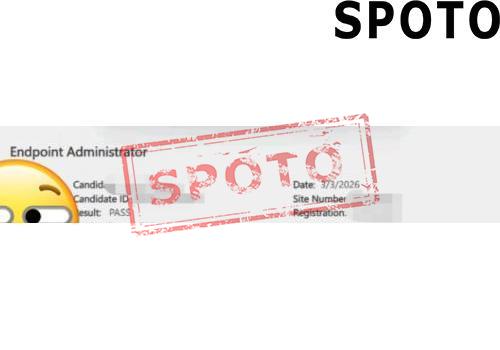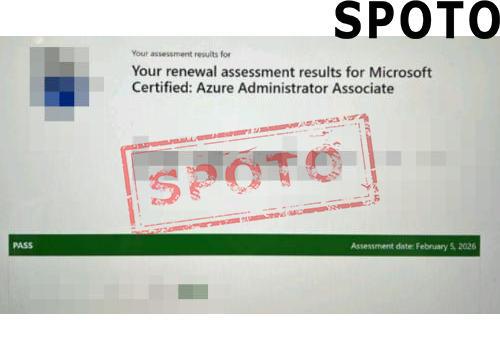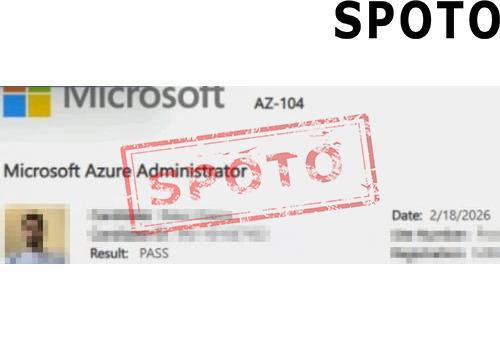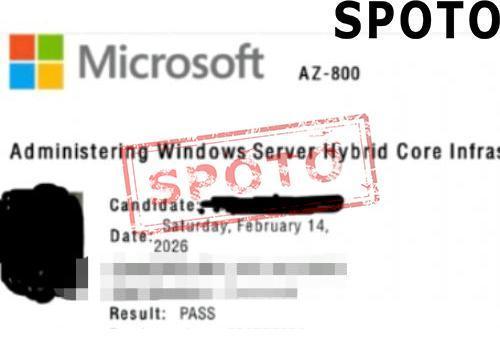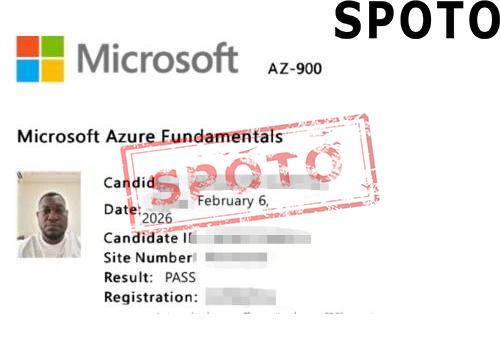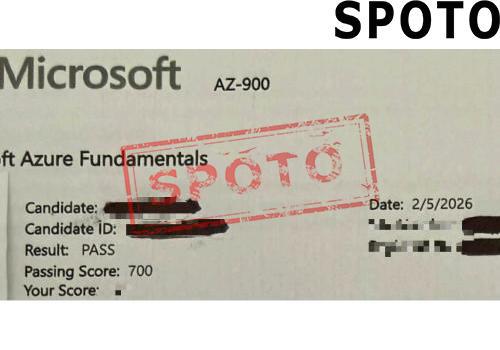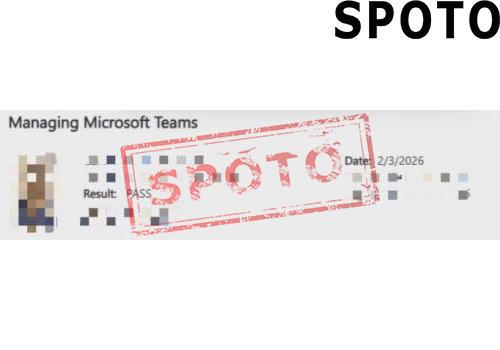
In today's cloud-driven tech landscape, the demand for skilled professionals who can manage and maintain cloud environments is rapidly increasing. One of the most recognized certifications in this space is the Microsoft Certified: Azure Administrator Associate. This credential not only validates your expertise in managing Azure resources but also positions you for lucrative and in-demand roles across industries. If you're looking to establish or grow your cloud career, understanding this certification's details and benefits is essential.
What Is the Microsoft Azure Administrator Certification?
The Azure Administrator Certification (Exam AZ-104) is designed for IT professionals who implement, monitor, and maintain Microsoft Azure solutions. This includes managing Azure subscriptions, securing identities, administering infrastructure, configuring virtual networks, and more.
The certification focuses on real-world tasks that an Azure administrator handles daily. It covers:
-
Managing Azure identities and governance
-
Implementing and managing storage
-
Deploying and managing Azure compute resources
-
Configuring and managing virtual networking
-
Monitoring and backing up Azure resources
Passing the AZ-104 exam earns you the Microsoft Certified: Azure Administrator Associate badge, a globally respected credential.
Who Should Consider This Certification?
This certification is ideal for:
-
IT professionals who manage cloud services in an Azure environment
-
System administrators looking to shift to cloud-based roles
-
Professionals seeking a foundational certification before pursuing more advanced Azure credentials
-
Career switchers entering the cloud computing space
While there are no strict prerequisites, having experience with Azure services, general networking knowledge, and familiarity with PowerShell or Azure CLI can be extremely helpful.
Key Skills You'll Learn
Preparing for the Azure Administrator Certification equips you with a broad range of valuable cloud skills, including:
-
Identity Management: Control access to resources using Azure Active Directory and role-based access control (RBAC).
-
Storage Management: Configure blob storage, file shares, and recovery options.
-
Virtual Machines: Deploy, manage, and optimize virtual machines for cost and performance.
-
Networking: Set up and configure virtual networks, subnets, firewalls, and DNS.
-
Monitoring and Reporting: Use Azure Monitor and log analytics to oversee and optimize resource performance.
These skills are not only vital for passing the exam but also directly applicable to day-to-day cloud administration.
Benefits of Earning the Certification
1. Career Advancement
Certified Azure Administrators are in high demand. According to recent job market trends, employers actively seek professionals with Microsoft Azure skills. This certification validates your ability to manage cloud infrastructure and increases your chances of landing roles such as:
-
Azure Administrator
-
Cloud Systems Engineer
-
Infrastructure Engineer
-
Cloud Support Specialist
2. Higher Salary Potential
Holding a Microsoft Azure certification can significantly boost your earning potential. On average, Azure-certified professionals earn more than their non-certified peers. Entry-level roles may start around $70,000 per year, while experienced Azure Administrators can earn upwards of $100,000 annually, depending on location and expertise.
3. Recognition from Employers and Peers
Microsoft certifications are globally respected. Earning the Azure Administrator Associate badge shows employers that you're serious about your career and capable of managing complex cloud environments.
4. Foundation for Further Certifications
AZ-104 is a prerequisite or recommended starting point for more advanced Azure certifications such as:
-
Designing Microsoft Azure Infrastructure Solutions (AZ-305)
-
Azure Security Engineer Associate (AZ-500)
-
Designing and Implementing Microsoft DevOps Solutions (AZ-400)
By earning this credential, you build a strong foundation for further specialization and career growth in cloud computing.
5. Hands-On Knowledge
The certification process is hands-on. You'll learn by doing, which means you'll gain real-world skills that translate directly to on-the-job tasks. Many candidates use Azure's free tier or sandbox environments to practice deploying and managing resources.
Exam Format and Preparation Tips
The AZ-104 exam includes various question types, such as multiple choice, drag and drop, case studies, and scenario-based tasks. You'll need to demonstrate practical knowledge across all exam topics.
Preparation Tips:
-
Use Microsoft Learn for structured, official learning paths.
-
Take practice tests to assess your readiness.
-
Set up a lab environment using the Azure free tier.
-
Watch video tutorials and follow along with hands-on exercises.
-
Review the official exam guide regularly.
Expect to dedicate around 6–8 weeks of consistent study if you're balancing exam prep with a full-time job.
Conclusion
The Microsoft Azure Administrator Certification is an excellent stepping stone into the world of cloud computing. It offers a blend of practical skills and industry recognition that can open doors to better jobs, higher salaries, and long-term career growth. Whether you're new to Azure or looking to formalize your experience with a respected credential, this certification is a smart investment in your professional future.
Take the first step toward becoming a certified Azure Administrator—your cloud career awaits.
